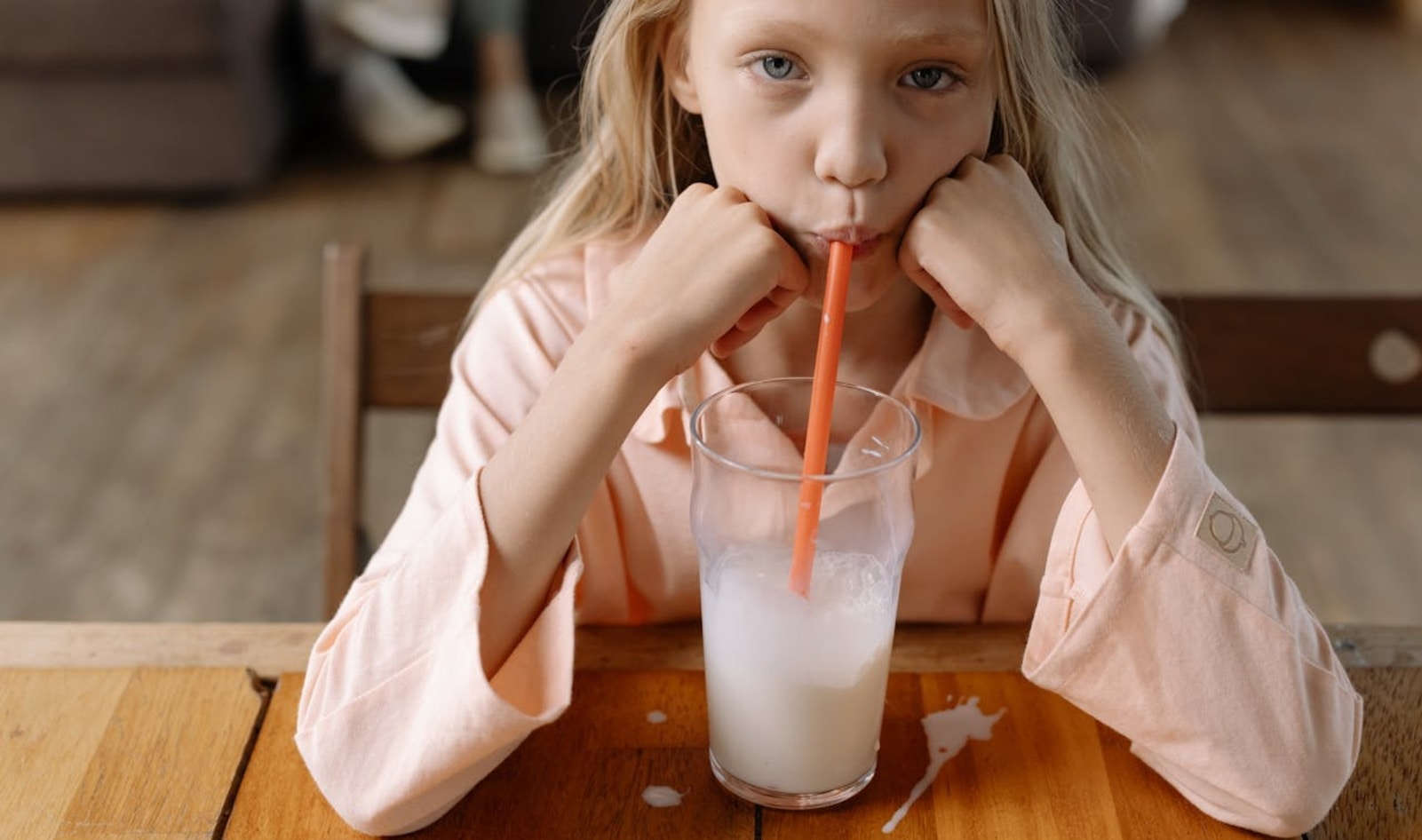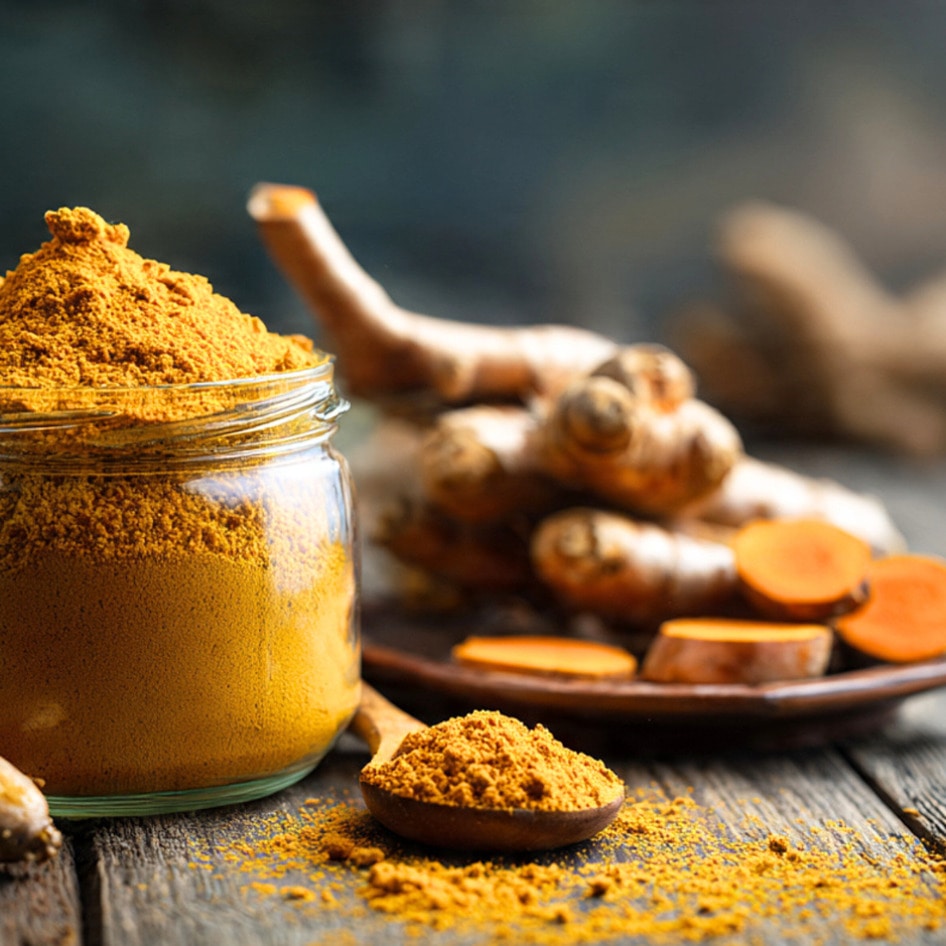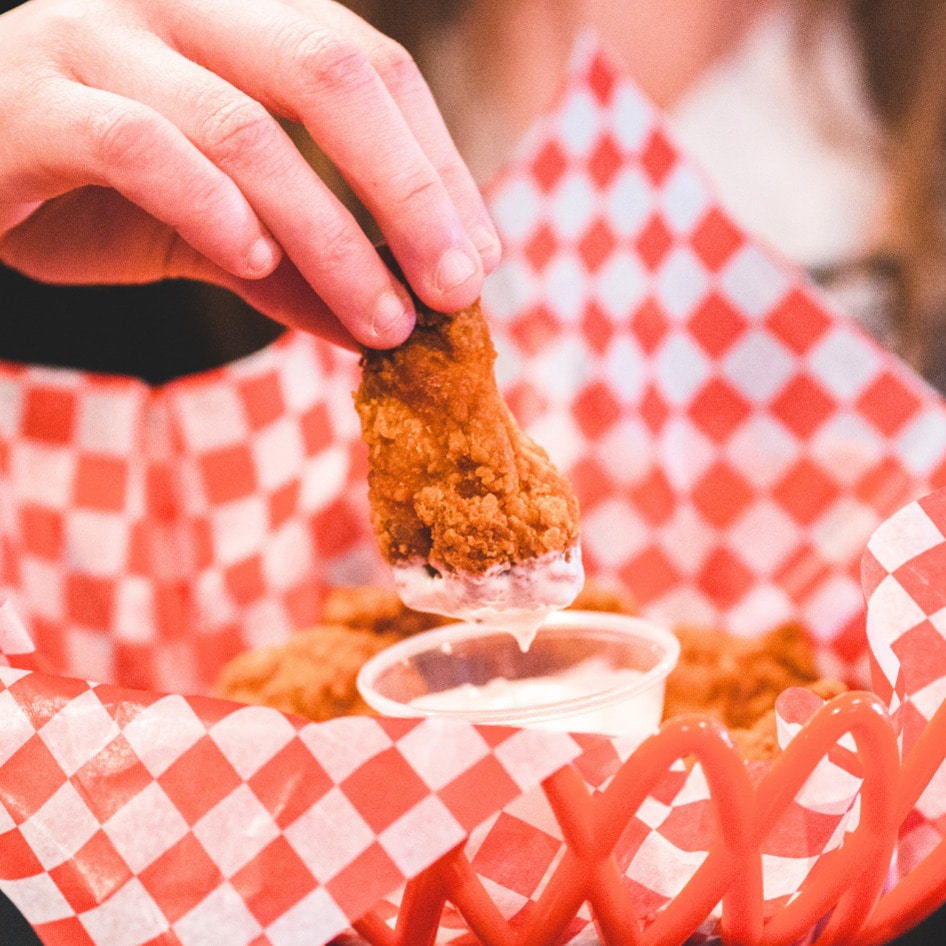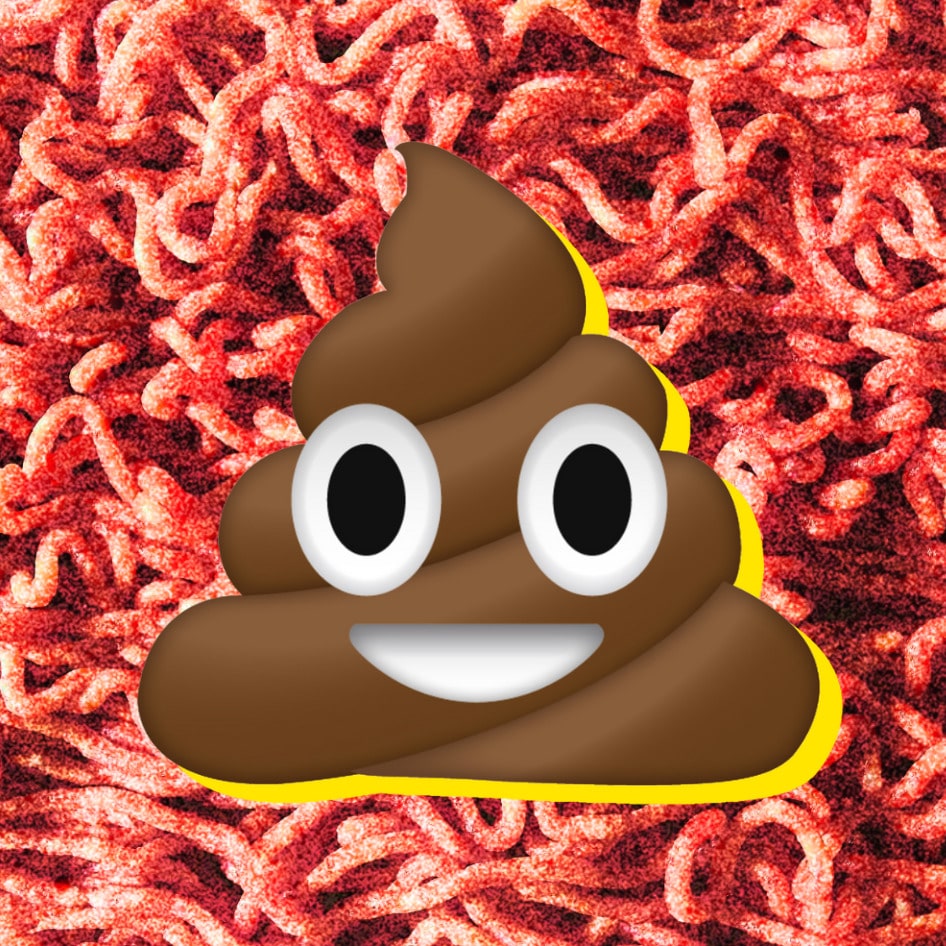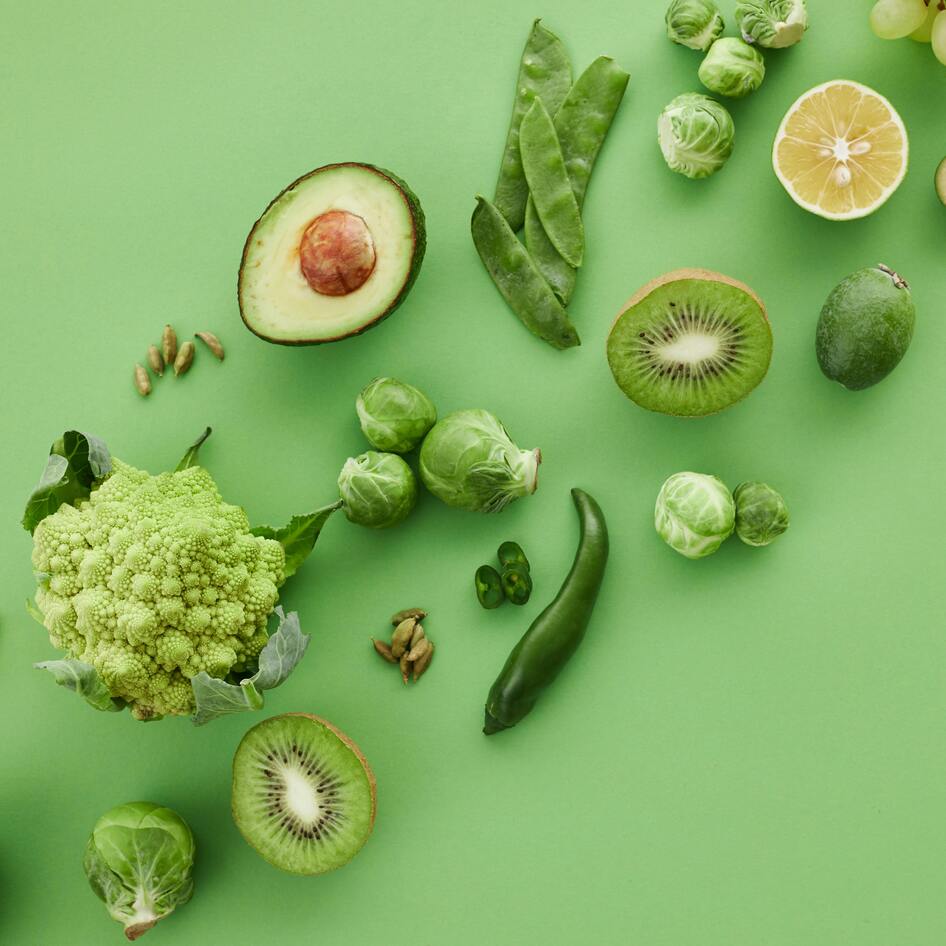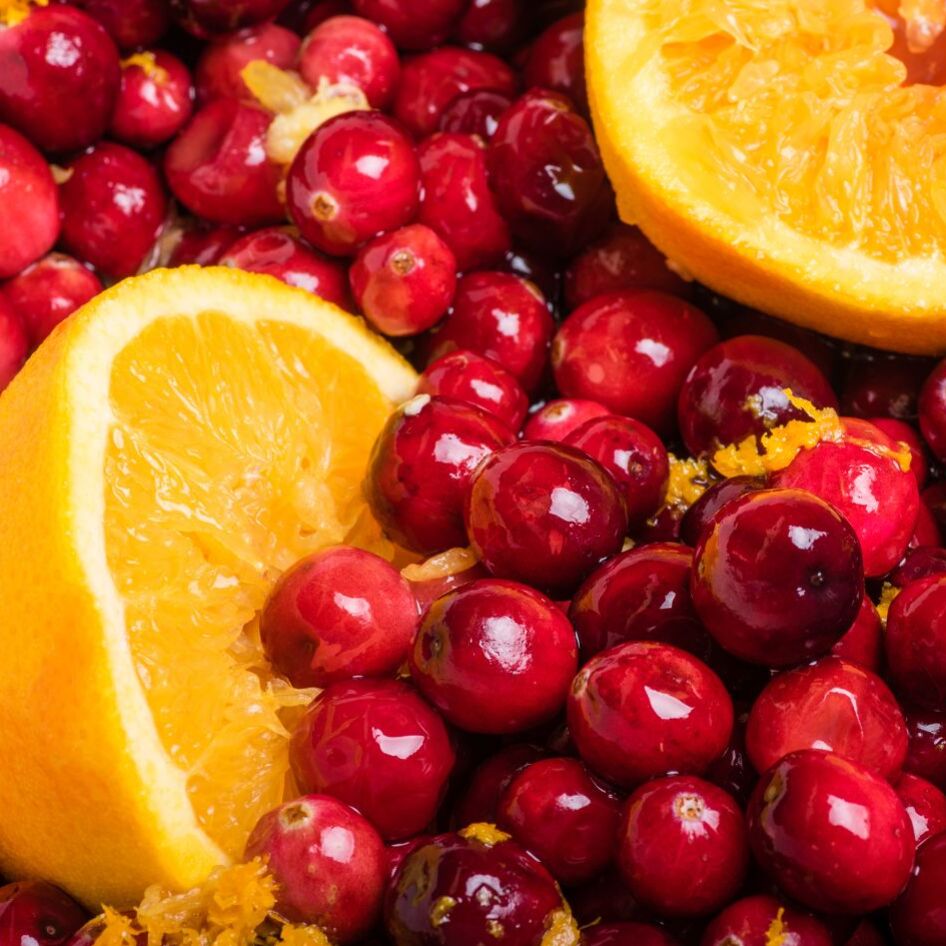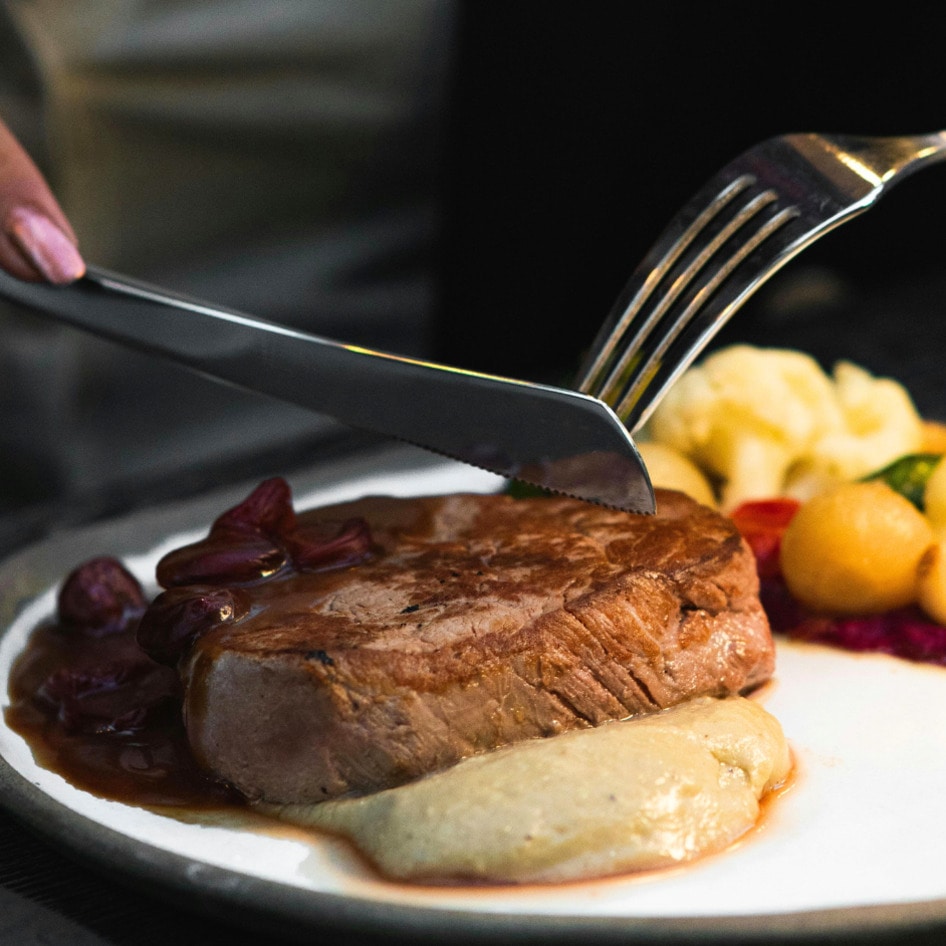For anyone pouring raw milk into their morning coffee thinking it’s a cleaner, healthier choice, new research suggests otherwise. Scientists warn that unpasteurized milk—often marketed as “natural” and nutrient-rich—can carry antibiotic-resistant bacteria capable of causing serious illness or even death.
A new study published in the journal PLOS One found that raw cow and sheep milk is frequently contaminated with antibiotic-resistant bacteria that could pose a threat to human and animal health. The research, led by Tahir Usman of Abdul Wali Khan University Mardan, tested milk samples for antibiotic resistance and found alarming results.
Hidden risks in raw milk
In the study, Usman’s team collected 310 raw milk samples—about half from cows, half from ewes—and screened them for subclinical mastitis, an udder infection that can occur without visible symptoms. Nearly one in four samples showed signs of infection, and one in eight contained Staphylococcus epidermidis, a bacteria linked to lower-quality milk. Even more concerning: 95 percent of the bacterial strains found were resistant to penicillin and erythromycin, and half resisted three or more antibiotics.
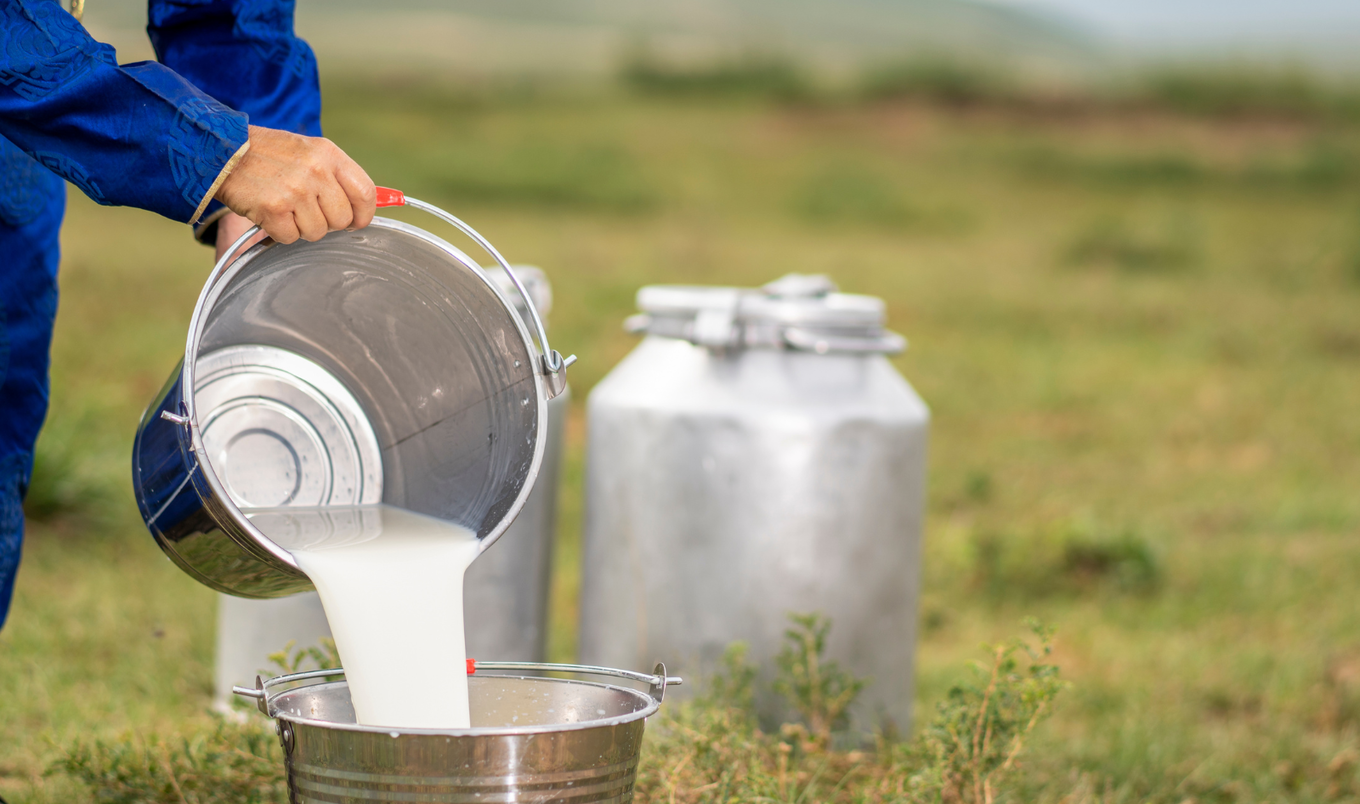 Pexels
Pexels
The authors warned that the misuse of antibiotics on farms—particularly to treat these invisible infections—has helped create multidrug-resistant strains that can spread from animals to humans through raw milk. “The presence of multidrug-resistant Staphylococcus epidermidis in raw milk highlights how on-farm antibiotic use directly shapes public health risks,” the researchers noted. “These findings emphasize the urgent need for responsible antibiotic use and improved hygiene practices in the dairy sector to reduce the risk of antimicrobial resistance transmission through the food chain.”
The Centers for Disease Control and Prevention (CDC) warns that raw milk “can be a source of foodborne illness” and that pasteurization “is crucial for milk safety.” In fact, between 1998 and 2018, raw milk was linked to more than 200 outbreaks that sickened over 2,600 people and hospitalized nearly 230. Despite only about three percent of Americans drinking it, raw milk accounts for roughly 96 percent of all illnesses tied to contaminated dairy.
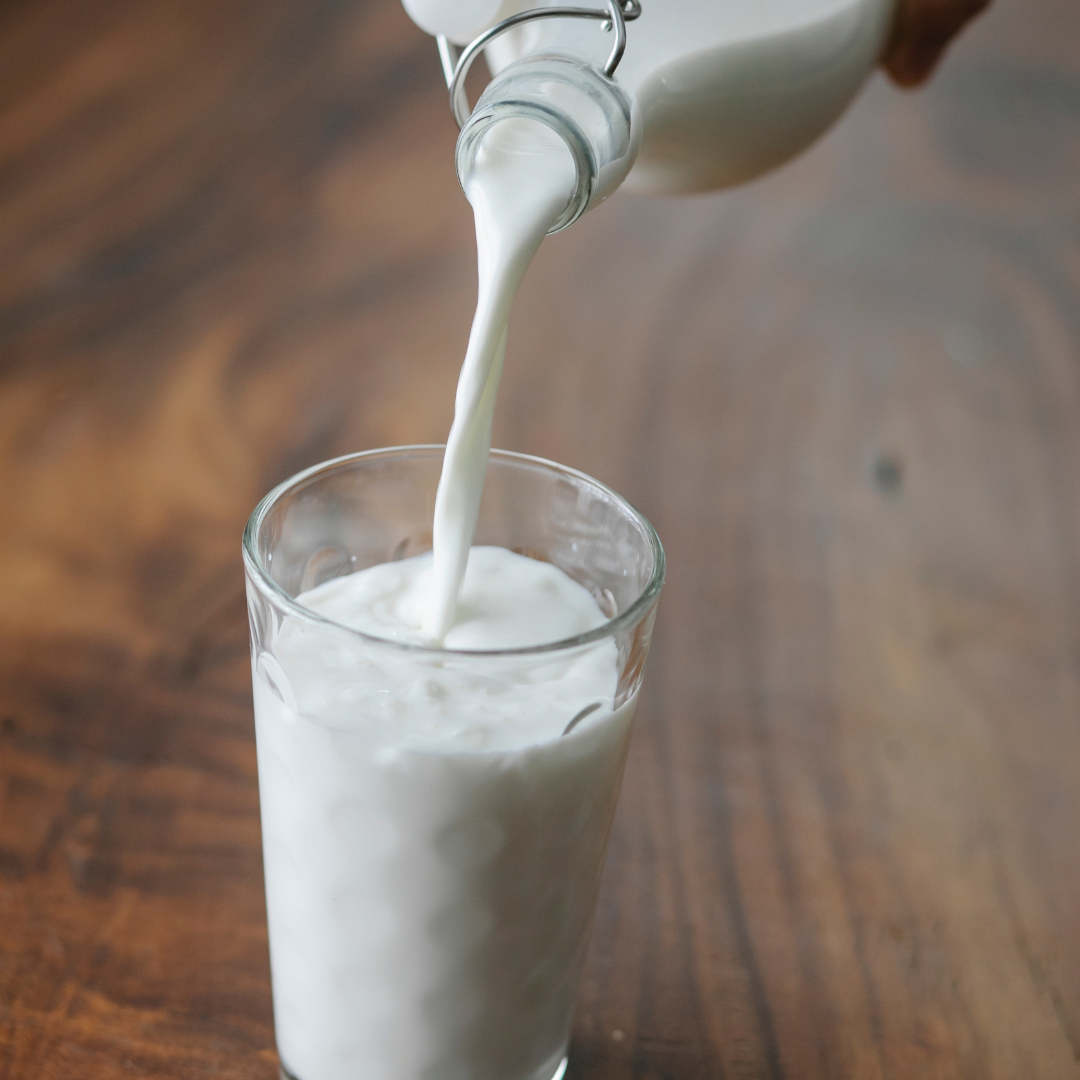 Canva
Canva
That makes drinking it a far riskier move than most people realize. Unpasteurized (raw) milk and dairy products made from it can be contaminated with germs that can cause serious illness, hospitalization, or death, the CDC states. Children, pregnant people, older adults, and those with weakened immune systems are especially vulnerable.
Still, surveys show raw milk’s popularity has increased. About four percent of US adults say they’ve drunk raw milk in the past year, and one percent consume it weekly. Some say they prefer the flavor or trust small local dairies; others believe pasteurization destroys nutrients. But studies show no meaningful nutritional advantage—just a higher risk of infection.
Why the “all-natural” choice could be deadly
Public health data show that even a single batch of contaminated raw milk can cause devastating outbreaks. A recent investigation linked a raw milk producer to a multi-state salmonella outbreak that sickened more than 160 people, many of them children. In other cases, E. coli from unpasteurized milk has caused kidney failure in kids, while Listeria has led to miscarriages and fatalities.
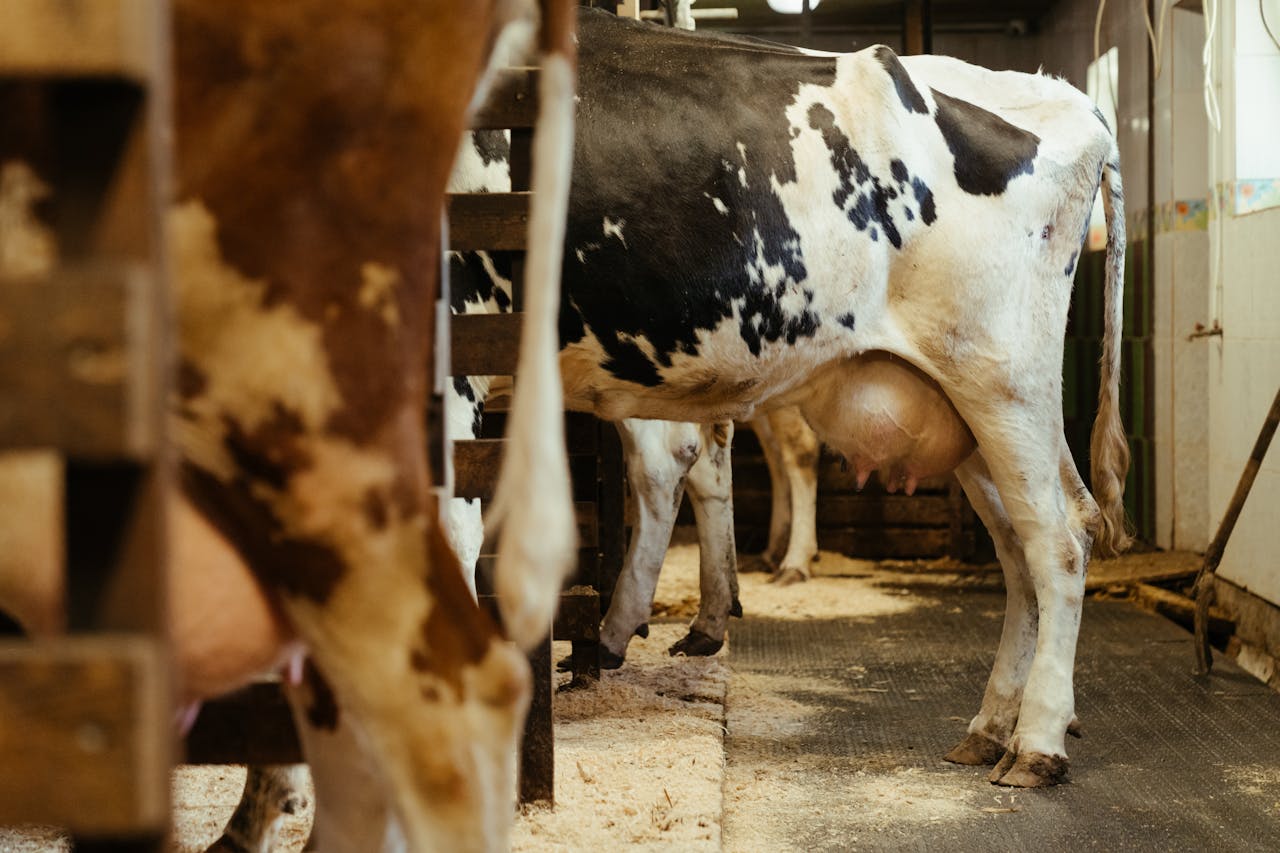 Pexels
Pexels
BECOME A VEGNEWS VIP: Get exclusive product deals, freebies, and perks galore!
The danger isn’t theoretical—it’s microbiological. Bacteria can enter milk from an infected cow, contaminated milking equipment, or storage containers that aren’t properly sanitized. Because raw milk isn’t heated, those bacteria stay alive and can multiply quickly, especially if the milk isn’t chilled fast enough. Once in the body, these pathogens can lead to sepsis, brain infections, or in the most severe cases, death.
The “natural” appeal of raw milk doesn’t make it safer. According to the Food and Drug Administration, pasteurization doesn’t significantly change milk’s nutritional value—it just removes the pathogens that cause foodborne illness. “Natural” doesn’t always mean safe—and in the case of raw milk, it could even be a deadly mistake.
For more plant-based stories like this, read:
JUMP TO ... Latest News | Recipes | Guides | Health | Subscribe

